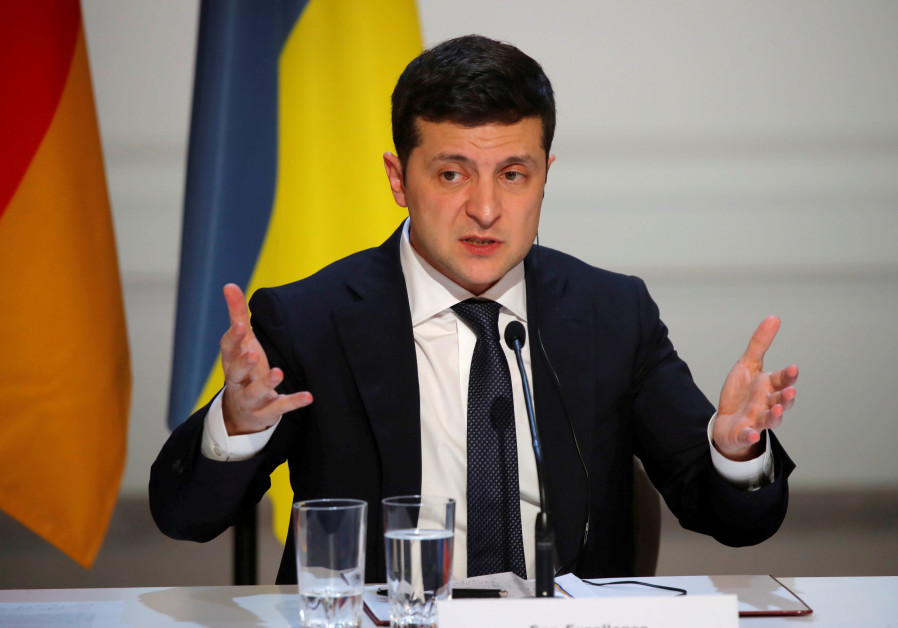The Biden administration on Sunday refused to unleash sanctions on Russia ahead of a widely anticipated Russian invasion of Ukraine despite mounting criticism from Kyiv and domestic rivals.
The United States and Britain have repeatedly cautioned in recent days that Russia is about to launch a military invasion of Ukraine, a plan Russia denies. Sanctioning Vladimir Putin's government before he invades would just guarantee such a crisis happens immediately, US. officials argue.
"The purpose of the sanctions in the first instance is to try to deter Russia from going to war. As soon as you trigger them that deterrence is gone," Secretary of State Antony Blinken told CNN's "State of the Union" show.
The West has threatened Moscow with severe economic sanctions should it press ahead with an invasion that they say would punish state banks and Russian oligarchs, limit exports and cripple the economy.
Ukrainian President Volodymyr Zelensky and a growing chorus of critics argue that if the United States and its allies are so certain Putin plans to invade, they should apply sanctions now.

"You tell me 100% that there will be war in a few days’ time. What are you waiting for?" a frustrated Zelenskiy asked the audience at the Munich Security Conference on Saturday, repeating an earlier call on the West to impose sanctions on Russia now instead of later.
"We will not need your sanctions after there is a bombardment, or after our state is shot at, or if we have no more borders, we do not have an economy, or parts of our state is occupied," Zelenskiy said.
Speaking to reporters in Munich, US. Vice President Kamala Harris said the sanctions that would be imposed would be some of the "greatest if not the strongest" in history, but echoed Blinken's view that there was still some way to stop Putin from invading.
"We have agreed that the deterrence effect of these sanctions is still a meaningful one, especially because -- remember, also -- we still sincerely hope that there is a diplomatic path out of this moment.
Republican Senator Ted Cruz, speaking on Fox News, questioned if the United States has done everything it can to stop Putin. "Not remotely, and tragically, Europe is on the verge of war because of the weakness, the fecklessness of Joe Biden," he said.
Pentagon press secretary John Kirby argued that sanctioning Russia now would trigger an invasion.
"If you punish someone for something they haven’t done yet then they might as well just go ahead and do it,” John Kirby, the Pentagon press secretary, said on Fox News.
On Sunday, British Prime Minister Boris Johnson said the United States and Britain would cut off Russian companies' access to US. dollars and British pounds if the Kremlin orders the invasion. He said the Western sanctions would go much further than he has previously suggested in public.
